The 2025 Mental Health Nursing Exam 1 Practice Test – 60 NCLEX-Style Questions and Expert Rationales for Success is an essential study resource for nursing students preparing for their Mental Health Nursing Exam 1 in 2025. This practice test features 60 NCLEX-style questions, including multiple-choice, select-all-that-apply, and case study formats, designed to mirror the complexity and structure of the actual exam. It covers key mental health nursing topics such as therapeutic communication, mood disorders (e.g., depression, bipolar disorder), anxiety disorders, schizophrenia, and crisis intervention. Questions address real-world scenarios like assessing a patient for suicidal ideation using the SAD PERSONS scale, implementing de-escalation techniques for a patient with agitation, or prioritizing interventions for a client experiencing a panic attack. Each question is accompanied by expert rationales that provide in-depth explanations of correct and incorrect answers, such as why a nurse should use open-ended questions to build rapport with a patient experiencing paranoia. Aligned with the latest NCLEX test plan and mental health nursing standards, this resource helps students develop clinical judgment skills, master test-taking strategies, and build confidence for both the exam and clinical practice, ensuring success in their nursing education and NCLEX preparation.
Preview
A nurse and patient discuss a problem the patient has kept secret for many years.
Afterward the patient says, “I feel so relieved that I finally told somebody.” Which term best
describes the patient’s feeling?
a. Catharsis
b. Superego
c. Cognitive distortion
d. Counter-transference – – correct ans- -ANS: A
Freud initially used talk therapy, known as the cathartic method. Today we refer to catharsis
as “getting things off our chests.” The superego represents the moral component of
personality.
Which patient is the best candidate for brief psychodynamic therapy?
a. An accountant with a loving family and successful career who was involved in a short
extramarital affair
b. An adult with a long history of major depression who was charged with driving under the
influence (DUI)
c. A woman with a history of borderline personality disorder who recently cut both wrists
d. An adult male recently diagnosed with anorexia nervosa – – correct ans- -ANS: A
The best candidates for psychodynamic therapy are relatively healthy and well-functioning
individuals, sometimes referred to as the “worried well,” who have a clearly circumscribed
area of difficulty and are intelligent, psychologically minded, and well-motivated for
change. Patients with psychosis, severe depression, borderline personality disorders, and
severe character disorders are not appropriate candidates for this type of treatment.
Select all that apply.
A patient states, “I’m starting cognitive-behavioral therapy. What can I expect from the
sessions?” Which responses by the nurse would be appropriate?
a. “The therapist will be active and questioning.”
b. “You will be given some homework assignments.”
c. “The therapist will ask you to describe your dreams.”
d. “The therapist will help you look at your ideas and beliefs about yourself.”
e. “The goal is to increase subjectivity about thoughts that govern your behavior.” – – correct
ans- -ANS: A, B, D
Cognitive therapists are active rather than passive during therapy sessions because they
help patients reality-test their thinking. Homework assignments are given and completed
outside the therapy sessions. Homework is usually discussed at the next therapy session.
The goal of cognitive therapy is to assist the patient in identifying inaccurate cognitions and
in reality- testing and formulating new, accurate cognitions. One distracter applies to
psychoanalysis. Increasing subjectivity is not desirable.
Afterward the patient says, “I feel so relieved that I finally told somebody.” Which term best
describes the patient’s feeling?
a. Catharsis
b. Superego
c. Cognitive distortion
d. Counter-transference – – correct ans- -ANS: A
Freud initially used talk therapy, known as the cathartic method. Today we refer to catharsis
as “getting things off our chests.” The superego represents the moral component of
personality.
Which patient is the best candidate for brief psychodynamic therapy?
a. An accountant with a loving family and successful career who was involved in a short
extramarital affair
b. An adult with a long history of major depression who was charged with driving under the
influence (DUI)
c. A woman with a history of borderline personality disorder who recently cut both wrists
d. An adult male recently diagnosed with anorexia nervosa – – correct ans- -ANS: A
The best candidates for psychodynamic therapy are relatively healthy and well-functioning
individuals, sometimes referred to as the “worried well,” who have a clearly circumscribed
area of difficulty and are intelligent, psychologically minded, and well-motivated for
change. Patients with psychosis, severe depression, borderline personality disorders, and
severe character disorders are not appropriate candidates for this type of treatment.
Select all that apply.
A patient states, “I’m starting cognitive-behavioral therapy. What can I expect from the
sessions?” Which responses by the nurse would be appropriate?
a. “The therapist will be active and questioning.”
b. “You will be given some homework assignments.”
c. “The therapist will ask you to describe your dreams.”
d. “The therapist will help you look at your ideas and beliefs about yourself.”
e. “The goal is to increase subjectivity about thoughts that govern your behavior.” – – correct
ans- -ANS: A, B, D
Cognitive therapists are active rather than passive during therapy sessions because they
help patients reality-test their thinking. Homework assignments are given and completed
outside the therapy sessions. Homework is usually discussed at the next therapy session.
The goal of cognitive therapy is to assist the patient in identifying inaccurate cognitions and
in reality- testing and formulating new, accurate cognitions. One distracter applies to
psychoanalysis. Increasing subjectivity is not desirable.




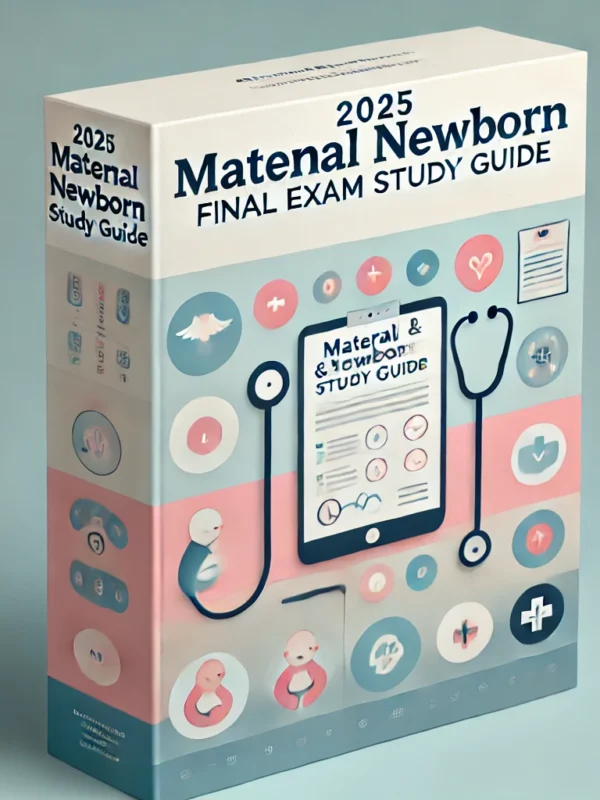
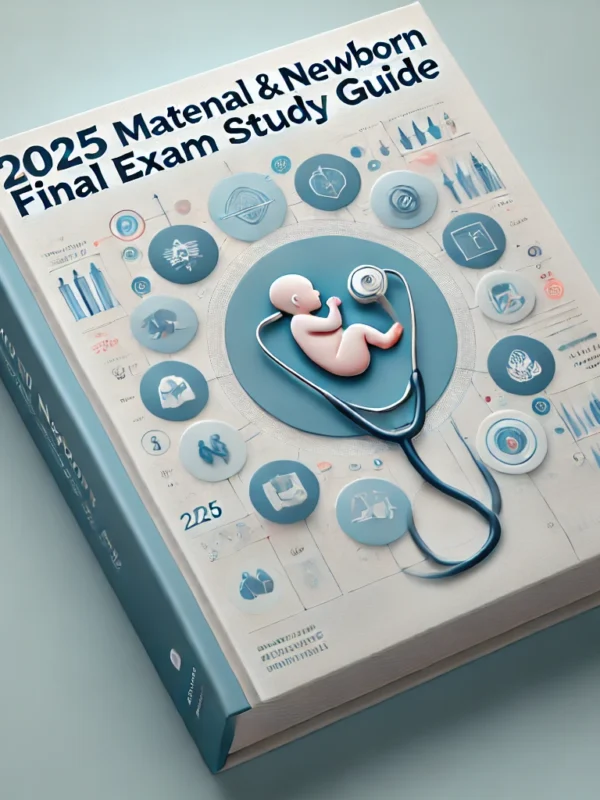
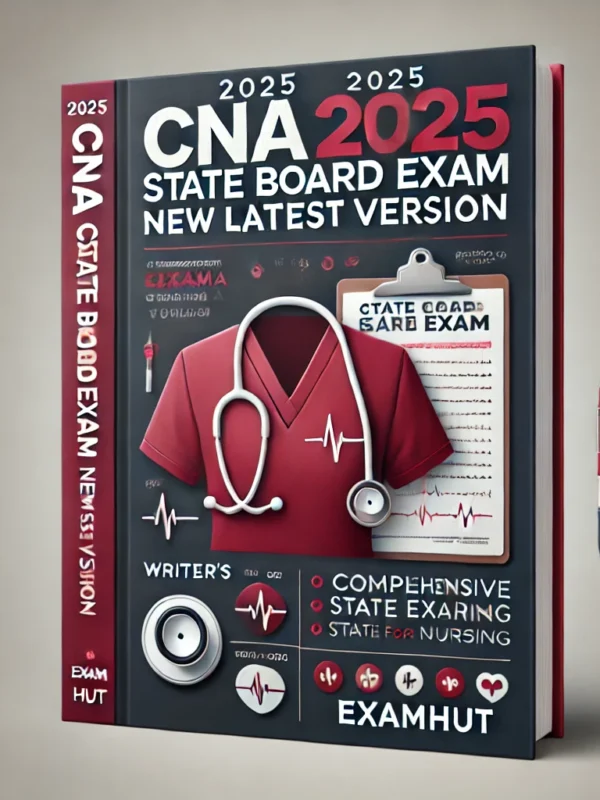

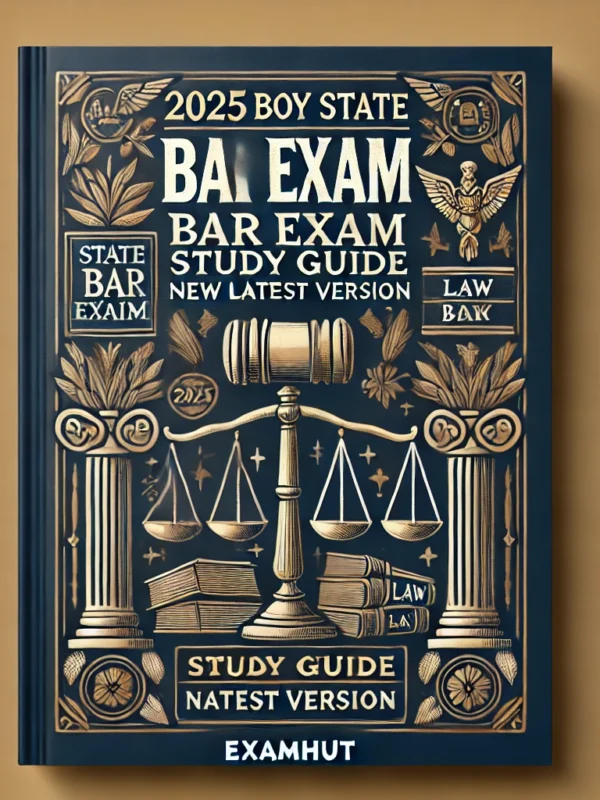
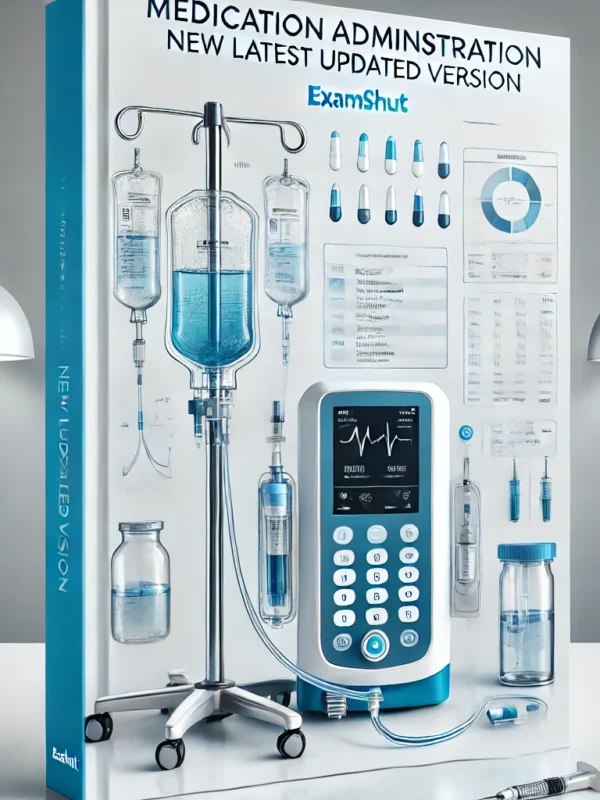
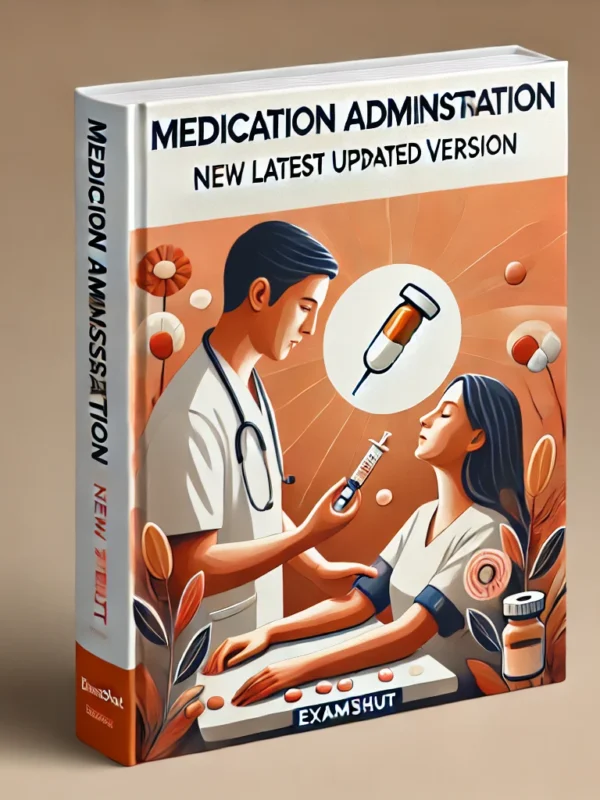
Reviews
There are no reviews yet.